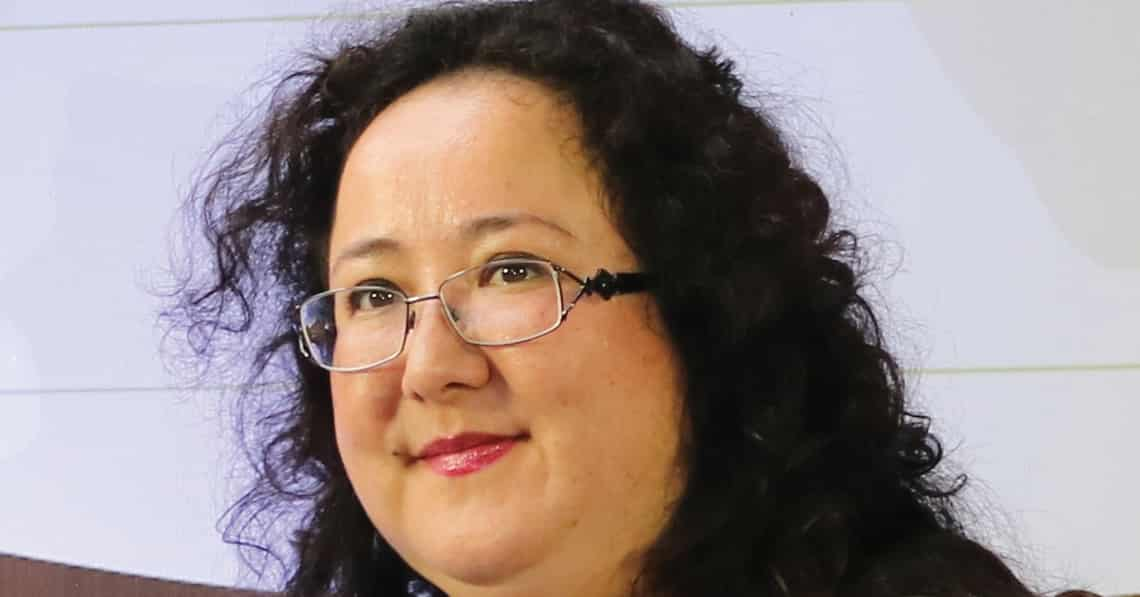One day thirty odd years ago my family’s old maid Pa Bud asked us to drive her to her village in Mae Taeng to visit her sister who was ill. On arrival we found that the sister was not only fully recovered but out working the paddy fields. With nothing left to do, we wandered around the charming but very poor Ping-side village, and eventually came to Pa Bud’s house, where she led us up steep wooden stairs into a dark room infused with the most rancid smell I’d ever encountered.
In the corner of the airless room, lying face down, we saw a young girl. As we moved closer, we realised that she was the source of the stench. Pa Bud, bless her crabby heart, wasn’t the kindest of souls, and embarrassedly waved off the pile of fragile skins and bones as Bua Kaew, her niece. In her late teens, Bua Kaew was paralysed and an open sore on her behind was infected, hence the odour. I still recall my dad, with tears in his eyes, scooping her up, all 30 something kilos of her, and rushing to our car, heading straight to Suan Dok Hospital where we were told that she needed an emergency operation. Following a few weeks of hospital and home care with us in the city, my parents eventually returned her to her village, building a downstairs room and bath for her so that she could wheel herself around in her new wheelchair they bought, and soon mum found a job for her making cross-stitch greeting cards which mum began to sell on her behalf, something that over the years was expanded to encompass 40 handicapped women in Chiang Mai.
Not many months before we met her, young Bua Kaew had been invited by a female second cousin to go and work in a restaurant in Bangkok. A Lanna beauty, she excitedly took the train with a few friends, anticipating her future in the Big Mango. On arrival she was driven straight to a brothel and locked into a second floor room. Brave girl that she was, and on that very same day, she decided to jump out of the window rather than face her bleak new future. A bad fall onto a moving car, led to her paralysis. Typically, the police refused to act, the brothel took no responsibility and after a long stay in hospital, her family had to scrape enough money together to bring her back to Chiang Mai where she was pretty much lying in the dark waiting to die.
There is absolutely nothing unique about this story. It just happens to be one I was personally connected to. Bua Kaew’s tragedy happened thirty years ago, but this story could pretty much be told today with very few changes to it.
Thailand is, and aspires to be, the hub of many endeavours. Over the years various governments have declared Thailand to be the airport hub, automobile hub, logistical hub, travel hub, medical hub and all manner of other humdrum hubs for ASEAN and Asia. Declarations of self-importance make for decent headlines, and to be fair, a target to work towards. After all which government doesn’t wish to see itself as the epicentre of all things important.
While we certainly can lay claim to being the nerve centre for many regional sectors, one area in which Thailand can ignobly claim to be the unequivocal regional hub of, sadly, is human trafficking. As a nation, we have the distinction of being the source, transit and destination for human trafficking, with thousands being trafficked in the fishing, labour and sex industry each year.
Last month Chiang Mai saw the opening of Children’s Advocacy Centre Thailand (ACT), a wide reaching and ambitious initiative, pooling resources from numerous governmental and non-profit agencies, to combat human, specifically child, trafficking in the north of Thailand. Over the years, Citylife has been contacted dozens of times by readers about such issues, and it is gratifying to know that any messages that I pass on will now be in good hands; handled by discreet professionals who will compassionately handle the victims with as much dedication and zeal as they will the pursuit of the perpetrators.
Unless we come across our own Bua Kaew, it is unlikely that most of us will have direct contact with human trafficking. But it is all around us; in a neighbour’s home where a Burmese maid’s 12 year old daughter works, in an under aged boy labouring on a city building site, or in the hollow smile of a worn woman waiting for a client in a brothel.
So if you think that you know of a victim of human trafficking, or suspect anyone of child abuse, please reach out to ACT, their contact details and full story is in these pages, thanks to our Fullbright intern Edie Wilson.
On a lovelier note, although Bua Kaew sadly passed away four years ago, she lived a happy life surrounded by family and had pride in earning her own keep through cross-stitching. We also just got a visit from her brother Jan. Every year, for the past thirty plus years, just after the garlic harvest, he hops onto a songtaew and brings us a sack of garlic.
